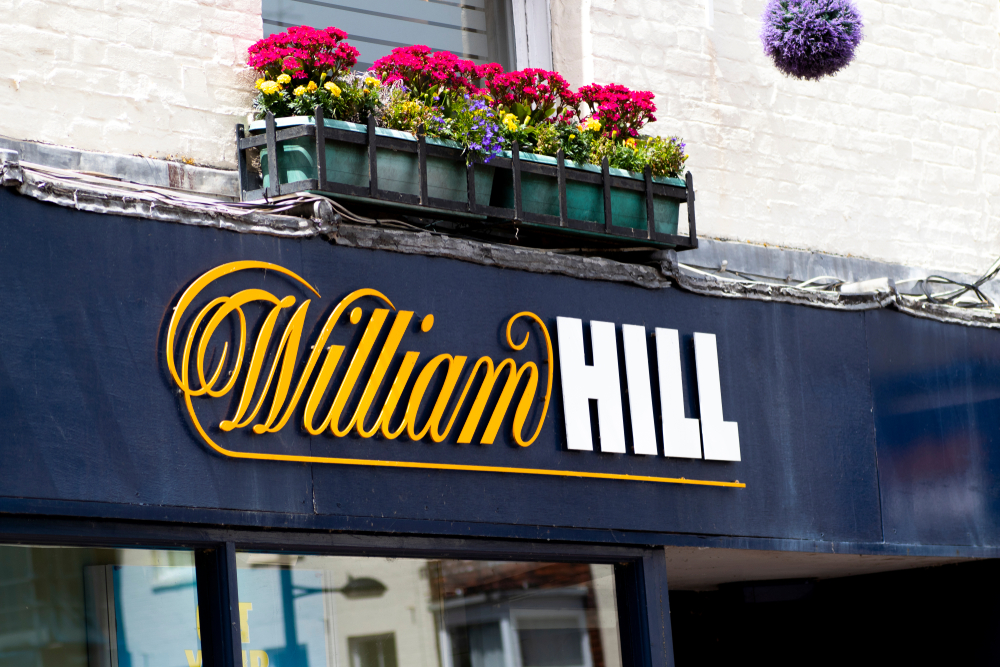Underlining its ambition to create ‘one of the world’s leading online betting and gaming groups’, 888 Holdings has completed another major step in its acquisition of William Hill.
Updating investors this morning, the gambling group revealed that it had received mandatory regulatory approvals covering antitrust and pre-completion gaming requirements, maintaining that it is still on course to fully take control of William Hill’s non-US international assets in the first quarter of the new year.
Having secured the regulatory requirements, 888 explained that it has been conducting integration planning to secure its goal of acquiring William Hill in Q1 2021, on which it is ‘progressing well’.
These preparations have included the appointment of Guy Cohen as SVP director of integration, having previously served as SVP head of B2C for the FTSE250 company. His new responsibilities have seen Cohen continue to report to 888 CEO, Itai Pazner, whilst working with a senior team from William Hill to ‘advance integration preparations’.
Additionally, the company reiterated its ambition to generate £500 million of gross proceeds by issuing new equity via a capital raise, a process which is expected to be finished prior to the completion of the William Hill takeover.
Commenting on developments, Pazner said: “This transaction will create one of the world’s leading online betting and gaming groups with superior scale, leading technology, increased diversification, and a platform for strong growth, supported by a portfolio of iconic brands.
“The appointment of Guy Cohen to the critical role of SVP, Director of Integration also strengthens our leadership and commitment to this important process, as we look to leverage the significant expertise and talent from both businesses to benefit the combined group.”
888 Holdings’ successful buyout of William Hill with a £2.2bn bid for the betting firm from the latter’s new owner Caesars Entertainment was confirmed on 9 September of this year.
Caesars had previously confirmed its plans to sell off all of William HIll’s non-US divisions upon completing its own acquisition earlier this year, having maintained an interest in purely North America focused operations.
However, full finalisation of the merger is still dependent upon the some financial caveats, firstly, the Financial Conduct Authority must approve the re-admission of 888’s ordinary shares to the premium listing segment of the official list.
Additionally, the London Stock Exchange must also approve the re-admission to trading on the main market for listed securities and the completion of a re-organisation of the William Hill group, as the legacy bookmaker must separate its US and non-US businesses, now owned by two separate gambling conglomerates.
Lastly, 888 still requires the full consent of its shareholders by ordinary resolution, which the company hopes to secure at its next General Meeting, having set out an ambition to publish a prospectus relating to the Acquisition and Capital Raise in early 2022 – referring to the aforementioned £500 million capital raise plans.
Pazner concluded: “I’m delighted that we have now checked off a number of important milestones towards completion of the Acquisition. Given the strong progress we have made, we now expect the transaction to complete in the first quarter of 2022 and are excited about the opportunities ahead of us as we combine two powerful and complementary businesses.”
Although 888 has now taken another step to significantly bolstering its UK and international presence by acquiring William Hill, it is unknown whether the company will continue to retain control over its new subsidiary’s extensive suite of retail outlets.
888’s bidding competitor in the William HIll auction, Apollo Global Management – which also bid against Ceasars in the initial acquisition – is reportedly still eyeing up some available assets, whilst Betfred owner Fred Done and BoyleSports have also been cited as interested in further strengthening their current retail operations.
According to Regulus Holdings, 40 per cent of 888’s revenue is now generated from retail holdings and 70 per cent is from the UK market, but Pazner’s stated ambition to create “one of the world’s leading online betting and gaming groups” could suggest a sell-off of its newly acquired high-street venues.











